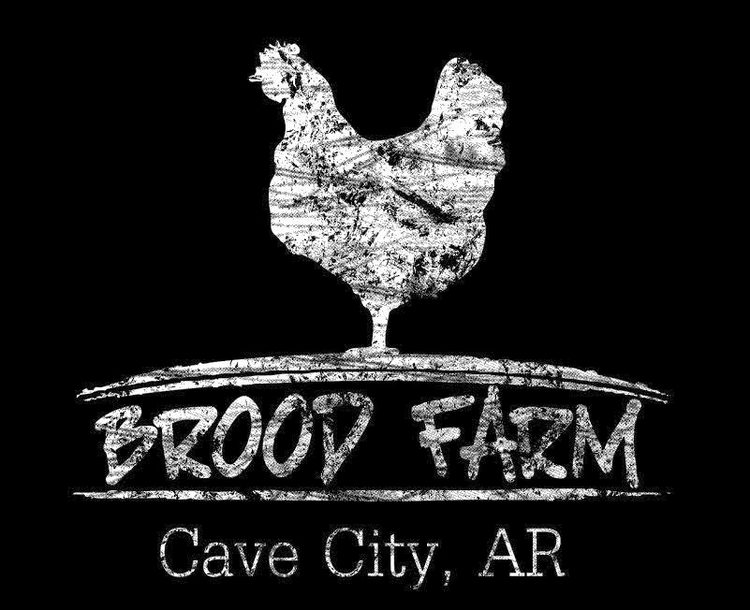** Warning, I may spend a little time on my metaphorical soapbox in this post.**
We've done a lot of research around here to be sure that our farm is operating according to all the state laws regarding small farms and their production and sales. Imagine my surprise when in our reading we learned that my cute little sign by the road is actually in violation of an Arkansas Poultry and Livestock Commission's regulation.
Because our eggs are laid fresh daily on our small family farm, it never crossed my mind that I was not allowed to claim that the are farm fresh.
My understanding of this regulation, has led me to be a bit leery of any product claiming to be "farm fresh."
Here's the deal . . .
According to Amendment 20-58-207 of the Arkansas Egg Marketing Act, "It shall be unlawful to . . .Use descriptive terminology such as ‘fresh’, ‘farm’, ‘country’, etc., or to represent the same to be ‘fresh’, any eggs excepting those eggs that meet the minimum requirements of Grade A or higher according to the standards set forth by the Arkansas Livestock and Poultry Commission."
So, only eggs that have been accurately labeled Grade A or higher can claim to be "farm fresh." In order to grade an egg, though, the egg must be handled in a facility large enough to have its own inspected egg grading facility. These facilities must include a candling room, the primary purpose of which is to verify the freshness of the egg. Without such a facility, our eggs must bear the label "ungraded" and are thus not allowed to wear the "farm fresh" label.
It seems that the powers that be have managed to regulate "farm fresh" terminology in such a way that it excludes all small farm producers. Why would they do that?
First, let's consider a couple ways that commercial egg producers have a leg-up on small-scale farmers.
1. Customer convenience -- To purchase eggs from a large-scale farm, all the consumer has to do is add "eggs" to the shopping list. They may then grab a dozen from the grocery store while they are shopping for the rest of their necessary groceries. In contrast, to shop our eggs, a customer has to either make a special trip to the front porch or work with me to set up delivery. It's not a huge inconvenience, but it is an extra step they have to take.
2. Price -- We take great care of our chickens. That means that we put a lot of time and effort into being sure that they always have plenty of quality food to eat, fresh water to drink, fresh ground to forage, and a clean, comfortable chicken wagon. Once our happy chickens lay their eggs, we spend a lot of time gathering, cleaning, packaging, and selling their eggs. To be sure we are reimbursed for all the time and money we've invested, our eggs are priced higher than the cheapest brand at the grocery store. Of course, the egg quality makes it well worth it, but dollar-for-dollar, at $3 per dozen, we have a more expensive product.
So, large commercial operations have got those things on us. But. . . what does the small scale farmer HAVE that sets it apart from its commercial competitors?
Freshness.
Even an egg labeled "pastured," "free-range," or "all-natural" that you pick up at the grocery store is just not as fresh as the one that my chicken laid yesterday. All that commercial-grade cleaning, grading, packaging, and shipping takes time -- in some cases, a lot of time. Many supermarket eggs are nearly 6-weeks old by the time they make it to the refrigerated section of your store.
Small farms that deliver directly to the consumer will always win when it comes to freshness. And yet . . . we can't claim to be farm fresh. You've really got to hand it to 'em -- they got us good with this regulation!
We are making a big effort to play this farming game by the rules, but, taking a cue from Little Boy when he is less than eager to comply with one of my requests, please excuse me as I drag my feet a little bit on my way to the road to take down my sign. ;)

